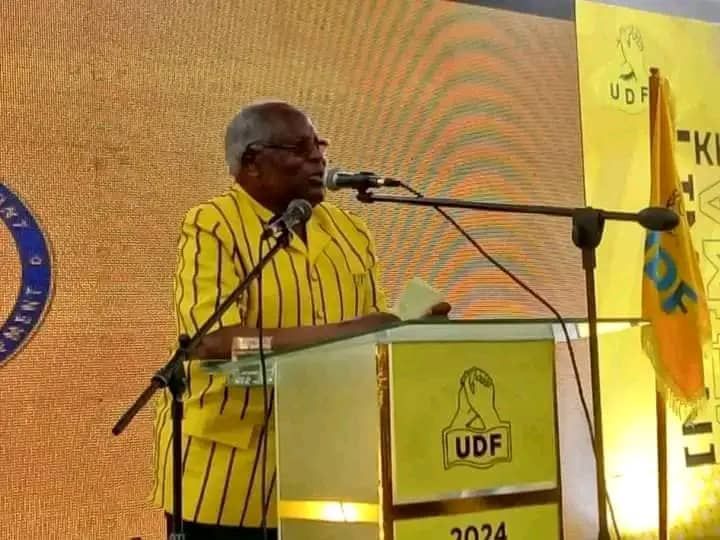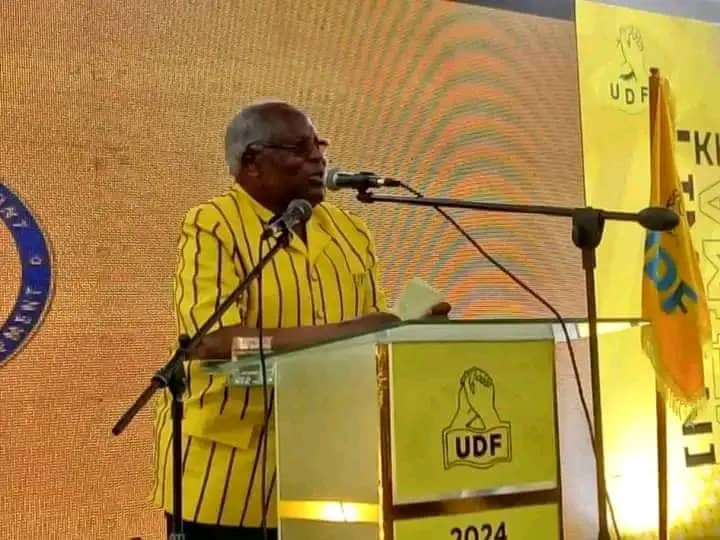By Burnett Munthali
In a recent post on his Facebook page, “Team Bon Kalindo,” prominent Malawian politician Bon Kalindo directed strong words toward former president Bakili Muluzi. Kalindo’s comments were particularly pointed as he reflected on the implications of Muluzi’s political legacy and influence on the current political landscape in Malawi.
Kalindo suggested that Muluzi’s time as a leader could have had a more significant impact had he not been so preoccupied with his own interests. He noted, “If Bakili Muluzi had truly taken the time to prioritize the people during his leadership, he would not have left behind a legacy that continues to burden us today.” This statement reflects a sentiment shared by many who feel that past leadership failures have led to ongoing challenges for the nation.

The politician also expressed frustration with President Lazarus Chakwera, implying that the financial resources allocated by Chakwera to certain individuals should be scrutinized. Kalindo argued that these funds should not be misused or squandered and urged that leaders must be held accountable for their financial decisions. He criticized what he perceived as a lack of genuine concern for the welfare of the people, stating, “This is not the time for leaders to indulge themselves while the common people suffer.”
Kalindo’s comments extend beyond mere criticism; they reflect a deeper call for accountability and responsibility among political leaders in Malawi. He emphasized the need for leaders to be mindful of their roles and the consequences of their actions on the lives of ordinary citizens. “We cannot allow our leaders to continue acting in self-interest while ignoring the pressing needs of the people they are meant to serve,” Kalindo asserted.
Furthermore, Kalindo expressed sympathy for the elderly and vulnerable members of society who have been neglected in the political discourse. He called for more compassion and support for those who have been left behind in the quest for progress. “Our elders deserve respect and care, not neglect and disregard. It is our duty to ensure that they are treated with dignity,” he stated.
In conclusion, Bon Kalindo’s recent Facebook post highlights significant concerns regarding political leadership and accountability in Malawi. By critiquing Bakili Muluzi and urging President Chakwera to be more considerate with public funds, Kalindo emphasizes the need for a political culture that prioritizes the welfare of the people over personal interests. As the country navigates its complex political landscape, voices like Kalindo’s are crucial in advocating for transparency, compassion, and genuine leadership.



